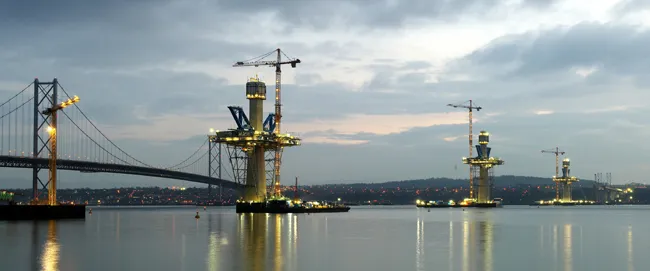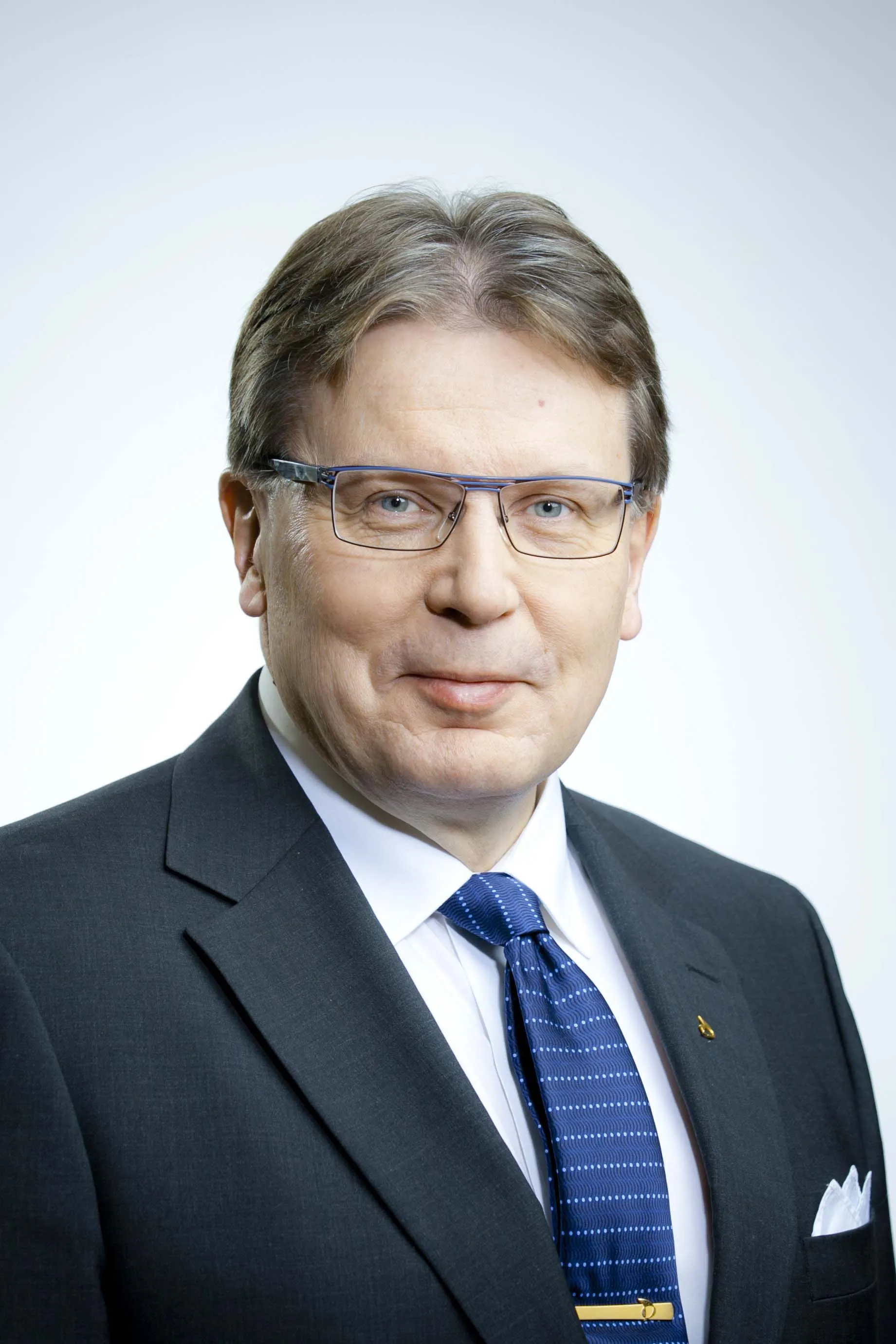The head of the German firm contracted to build 14 satellites for Europe's Galileo satellite navigation system called the entire project a "stupid idea," according to a leaked diplomatic cable published in Norway's Aftenposten newspaper.The head of the German firm contracted to build 14 satellites for Europe’s Galileo satellite navigation system called the entire project a "stupid idea," according to a leaked diplomatic cable published in Norway’s Aftenposten newspaper.
Aftenposten said the cable quotes Be
March 6, 2012
Read time: 2 mins
The head of the German firm contracted to build 14 satellites for Europe’s Galileo satellite navigation system called the entire project a "stupid idea," according to a leaked diplomatic cable published in Norway’s Aftenposten newspaper.
Aftenposten said the cable quotes Berry Smutny, CEO of OHB-System AG, telling American diplomats at the US Embassy in Berlin during a meeting on 2 October, 2009, that the entire project was "a waste of EU taxpayers' money championed by French interests."
However, the cable added that Smutny said he would "gladly accept contracts to build the satellites," and that he believed that European navigational needs could already be served by GPS instead of Galileo.
Last Thursday, in response to the Aftenposten story, OHB issued a statement saying that Smutny denies making the reported comments. Yesterday, however, the OHB supervisory board announced that it had passed a unanimous resolution to revoke Smutny’s appointment to the position of CEO of the company.
“The General Assembly and the Supervisory Board saw no alternative to this decision in order to effectively avert any further damage to the company on the part of customers, political representatives and the public at large,” the company stated.
OHB’s contract to build 14 satellites that will be used in the Galileo constellation is worth US$742 million.
Meanwhile, today, the EC will present its midterm review on progress in the development of Europe’s satellite navigation programmes to date, including the start of operations of the EGNOS system, the deployment of two experimental satellites and the allotment of the necessary construction and engineering work to subcontractors. In addition the future directions of Galileo are considered in the review.
Aftenposten said the cable quotes Berry Smutny, CEO of OHB-System AG, telling American diplomats at the US Embassy in Berlin during a meeting on 2 October, 2009, that the entire project was "a waste of EU taxpayers' money championed by French interests."
However, the cable added that Smutny said he would "gladly accept contracts to build the satellites," and that he believed that European navigational needs could already be served by GPS instead of Galileo.
Last Thursday, in response to the Aftenposten story, OHB issued a statement saying that Smutny denies making the reported comments. Yesterday, however, the OHB supervisory board announced that it had passed a unanimous resolution to revoke Smutny’s appointment to the position of CEO of the company.
“The General Assembly and the Supervisory Board saw no alternative to this decision in order to effectively avert any further damage to the company on the part of customers, political representatives and the public at large,” the company stated.
OHB’s contract to build 14 satellites that will be used in the Galileo constellation is worth US$742 million.
Meanwhile, today, the EC will present its midterm review on progress in the development of Europe’s satellite navigation programmes to date, including the start of operations of the EGNOS system, the deployment of two experimental satellites and the allotment of the necessary construction and engineering work to subcontractors. In addition the future directions of Galileo are considered in the review.









